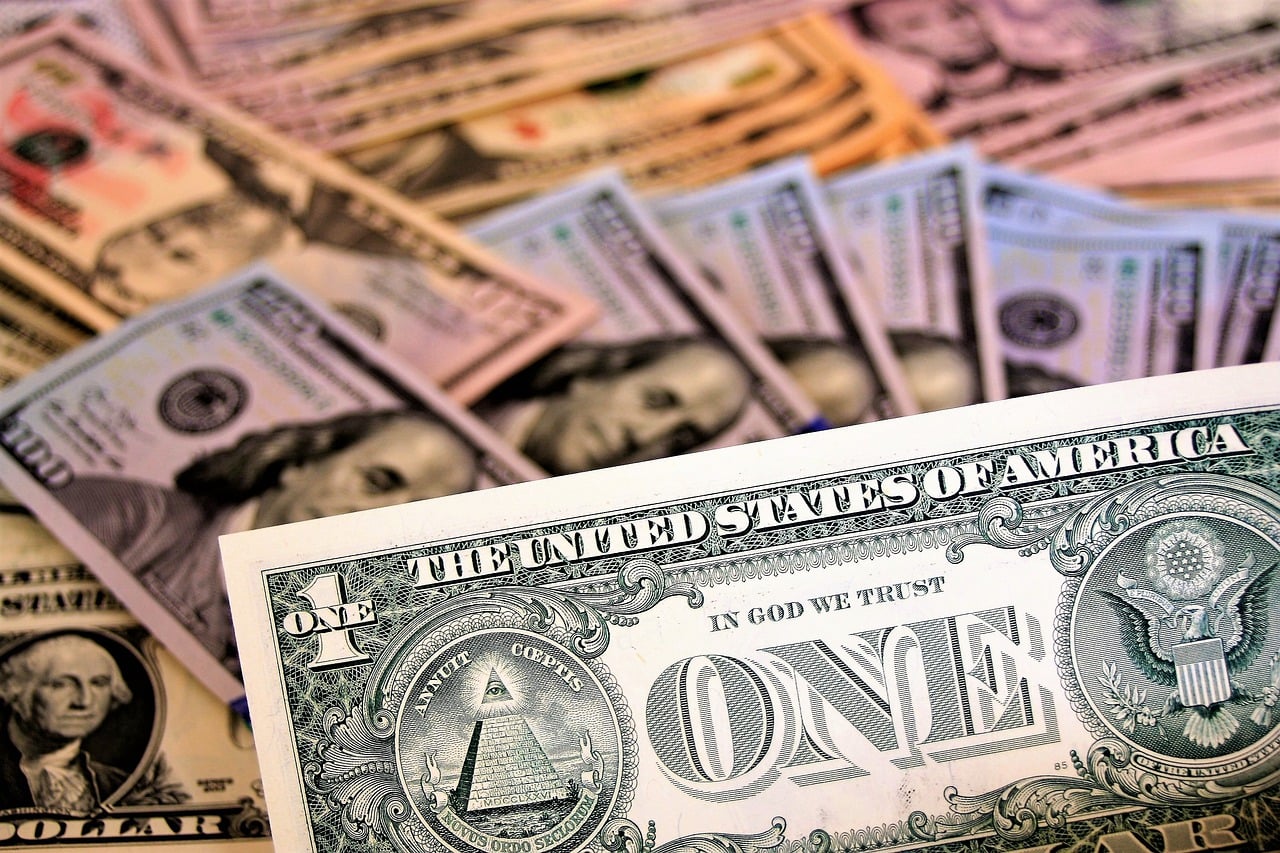President Trump signed the latest coronavirus aid package into law last night after it was passed by the Senate. Rebecca Bernhard, a partner at the international law firm Dorsey & Whitney in both its labor and employment practice, says that she has been fielding calls from employers across every industry since the bill was signed last night advising them on what it means for business and their employees and the applications for unemployment benefits. Of this she say:
Q4 2019 hedge fund letters, conferences and more
Eliminating Barriers For Applicants Seeking Unemployment Benefits
"To me the most interesting provision is the unemployment access section. The practical effect of this provision of the Act is that more applications for unemployment benefits are likely to be granted. Many states have already passed emergency executive orders to reduce or eliminate barriers to applicants seeking unemployment benefits and with this new law, we expect more will follow suit."
"Many employers are now grappling with the economic effects of shelter-in-home orders, social distancing mandates and actual illness. Since Monday, the vast majority of my client calls have centered around implementation of furloughs, lay-offs, reduced hours, and work-from-home policies. Employers want to know whether their employees will receive some benefits if the company implements a furlough."
"The final provision regarding unemployment should help states help the employers in their states navigate those waters without fear of increased tax assessments or other adverse consequences to the strain on the unemployment system."
Why Are Large Employers Exempt From The New Law
"Some critics will say it did not go far enough – for example, why are large employers – those with over 500 employees – exempt from the new law? Many note that it is smaller employers who are more vulnerable to the economic difficulties and employees of those smaller companies that are most likely to need federal mandated benefits. However, imposing mandatory economic obligations onto small employers is not something that would have received such quick bi-partisan and presidential support. Compromises have to happen. That still leaves us wondering why large employers were exempt."
"The practical combination of the unemployment provisions and the limits on the additional paid sick time create a perverse incentive for small employers to do better by their employees to implement short-term lay-offs: such employees can then receive unemployment benefits where those same employees will not see any relief from the emergency leave and FMLA modifications in the new law." Bernhard says.





